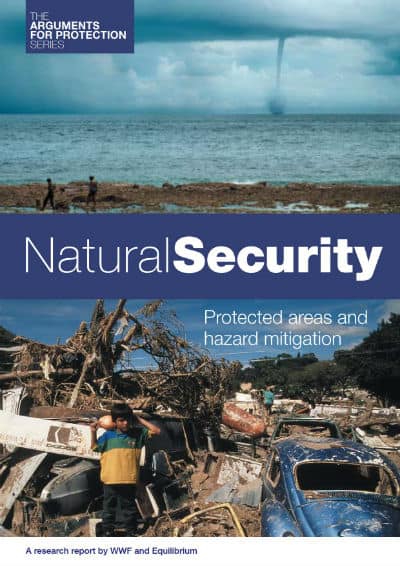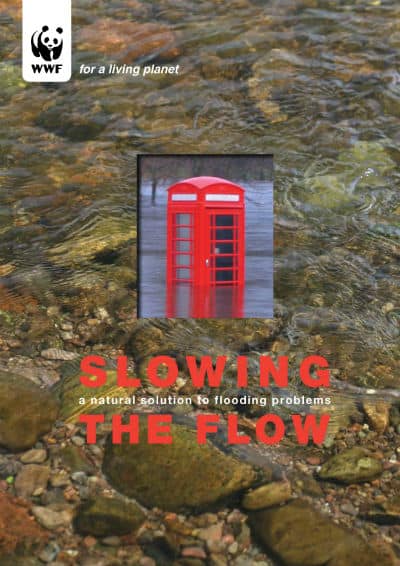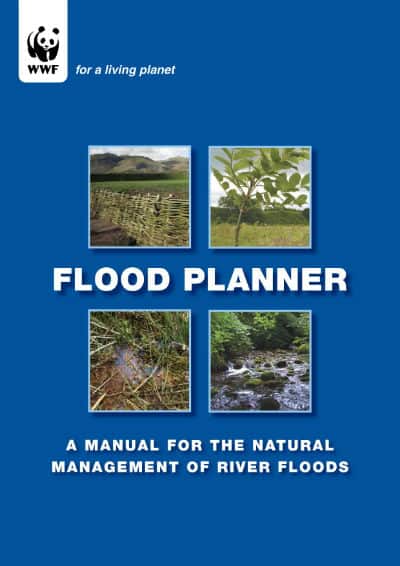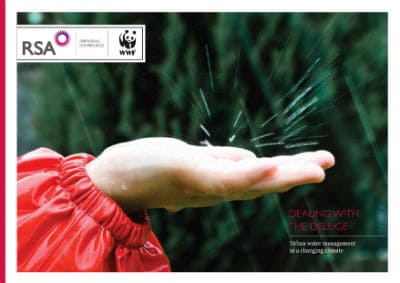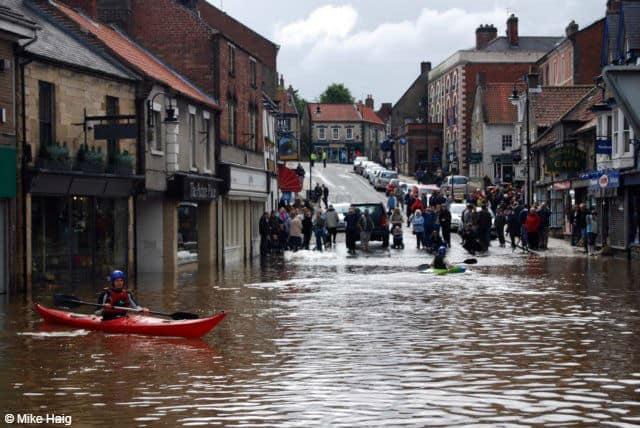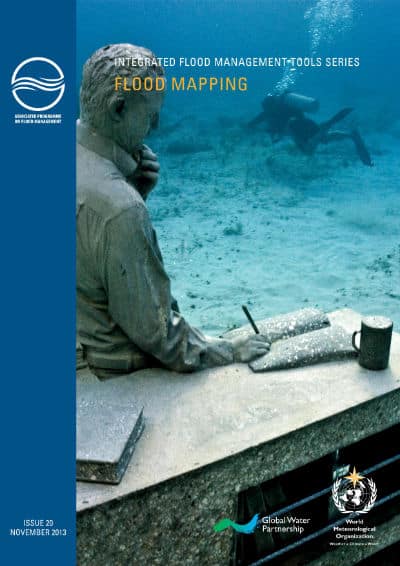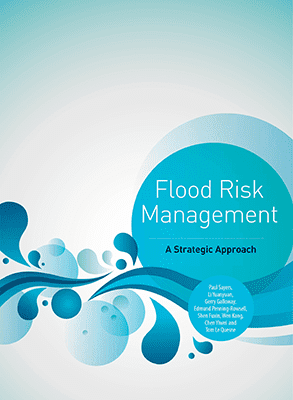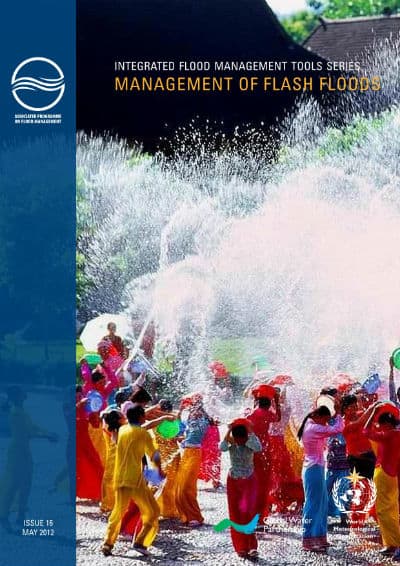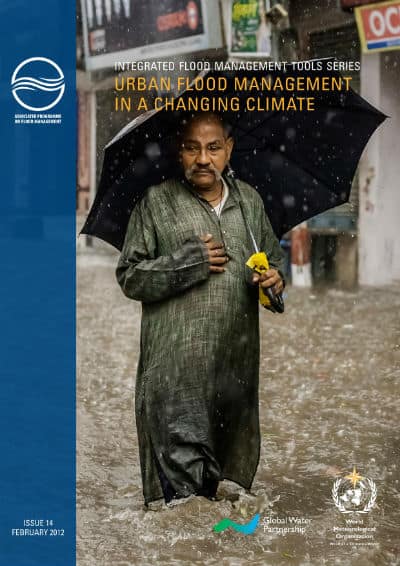Living with Floods: Achieving Ecologically Sustainable Flood Management in Europe
During the last ten years or so, many European countries have repeatedly suffered tragic loss of life and massive economic damage due to catastrophic flooding. The answers to the question ‘why?’ are quite clear. The floods of recent years have become disasters because of human mismanagement of rivers, their floodplains and catchments.
Read MoreNatural Security: Protected Places and Hazard Mitigation
The Arguments for Protection project is assembling evidence on the social and economic benefits of protected areas to widen and strengthen support for park creation and management. In this volume we explore the increasing number and severity of so-called natural disasters, review how environmental degradation is contributing to this trend, look at how conservation through protection is…
Read MoreSlowing the Flow: A Natural Solution to Flooding Problems
Flooding is one of the most challenging and costly realities of life in the 21st century.The natural behavior of rivers is becoming an increasingly unnatural force in villages, towns and cities across Europe and wider. As climate change combines with human pressures on the land, floods occur more often and leave greater damage when they…
Read MoreFlood Planner: A Manual for the Natural Management of River Floods
Flood Planner describes the natural component of sustainable flood management: natural flood management (NFM). This unique and practical resource for flood risk managers outlines the background to natural flood management and helps them perform their role in meeting current and future legislation. It provides evidence of the effect of NFM on runoff rates and storage…
Read MoreDealing with the Deluge: Urban Water Management in a Changing Climate
In this report we focus on the benefits of using innovative, sustainable urban drainage schemes to protect freshwater ecosystems, mitigate the effects of climate change and help to reduce the impact of flooding.
Read MoreBridging the Gap Between Flood Science and Communities
Community engagement and participation is an essential component of successful flood risk management. Communities that are engaged in flood risk management projects can contribute local knowledge based on their experience living with floods, helping to improve models and risk reduction techniques to reflect local realities. Pickering, United Kingdom In 2007, the small town of Pickering, in…
Read MoreFlood Mapping
Developing flood maps requires a systematic process. It is important to specify the data sets on which the maps will be based and the methodology that will be used. In addition, administrative mechanisms are necessary to develop flood mapping programs. Based on the above outlined demand for flood information, the objective of this publication is: to provide guidance…
Read MoreFlood risk management: A Strategic Approach
This paper is the result of an international collaborative effort to review and distill approaches to water management in challenging large scale and inter-related environments, providing new insights into good strategic planning and risk management of water resources and floods. The paper provides an overview of the common process and frameworks of flood risk management and…
Read MoreManagement of Flash Floods
The purpose of this document is to provide an over view of the actions that can be taken to manage and minimize the potential impacts of flash floods. This tool aims to: Provide basic information about flash floods especially focusing on differences from riverine floods; Identify flash flood risk components and provide guidance to assess…
Read MoreUrban Flood Management in a Changing Climate
The problems posed by urban flooding are difficult enough to confront and manage. These problems will become even more troublesome as the climate continues to change, as the degree and extent of climate variability move in unpredictable ways, and as a high level of uncertainty remains regarding the trends and possible next equilibrium state(s) of the world climate. The…
Read More

